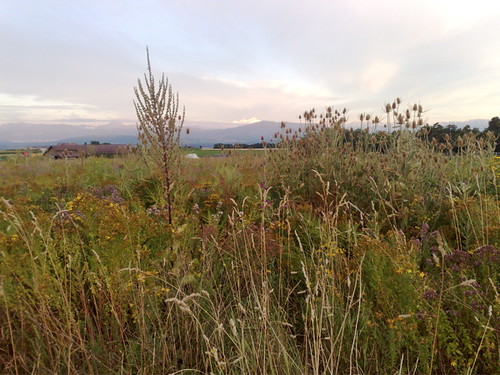In 1999 I decided that I would spend 21 days without touching a computer once. That’s because I was in Tanzania for a trip during which we helped to build schools for children in the area. I had decided to do that because so many spoke about the illness of spending too much time online, of internet addiction. I came back from that trip realising one thing.
It’s a way of life, not an illness or an addiction. It’s also based on how easily you can meet people and how open the community is. Look at the university environment. Some people would come to university for the lesson and leave straight after that. They would never once take advantage of the social elements that university would provide them with. As a result they would be isolated and to some degree solitary.
Other people would come and participate in everything, go to the student theatre, participate in the student theatre, help post grad with their work. These people would gain a lot from university. They would learn about team work, they would see who has which skill and more to the point they coul go out at any time and meet so many people that they could spend five hours chatting to one person after another without difficulty.
That’s what you get from social media, especially in a place like London or if you’re ready to travel. Join myspace and it’s all strangers with unusual nicknames so it’s daunting. Go a little further and you find facebook. That’s a nice place. That’s a place where those from an international or certain age group can find all their peers. That’s the case for people like me. As a result the community which they had known in the physical world is also online.
It’s an extension of the social scene, come there as much to discuss past events as to plan new ones. it’s a place to share all the material from a night. That’s what student magazines and radios attempt to do, to bring the community to you whilst you’re “alone”. You’re social without being social.
Of course there’s another dimension. That of social networks like twitter or seesmic. Both of these communites are interesting because you start off not knowing anyone, either in the physical or online word. As you spend more and more time chatting to these people, via text with twitter or video with seesmic personality comes through. Some people always joke and are fun. Others are serious, always into their work and showing their innovative ideas. Occasionally the “meetup” occurs and to some people that’s a daunting idea.
If I speak to some friends they would never ever think of meeting someone from the online world because of all the negative stories that are blown out of proportion but as long as you’re wise enough those online friends you meet online may become good friends in the real world. That’s what happened for me after meeting many social media friends at tweetups and podcams, seesmeetups and more, even bloggy fridays to name a local event.
Those people that I had only seen or read were now there in person “with feet” as some joked, “in 3d” as others would joke. Finally it’s possible to chat with them, to share a drink and a meal. With some people you find that a strong and enduring friendship will form in the physical world. That’s when you know it’s a community worth being a part of. In particular I’m thinking of what twitter used to be and what seesmic is. It’s a way of meeting people around the world before you travel. I really enjoy it, that’s why i spend so much time in this world.
It’s not about being at a computer. it’s about having a conversation with people I hope to meet in the physical world for real friendships and real “vécu” as it’s called in French. I’m in social media for all those fun meetings in the physical world. The more time progresses and the more I enjoy this lifestyle. That is in fact why the mobile web is so important to me. I like it, I think it’s going to expand.
How about you? Do you feel the same about social media. Are you using it the same way? Is it just a business tool? Think about it because what you get out of it will be affected.
